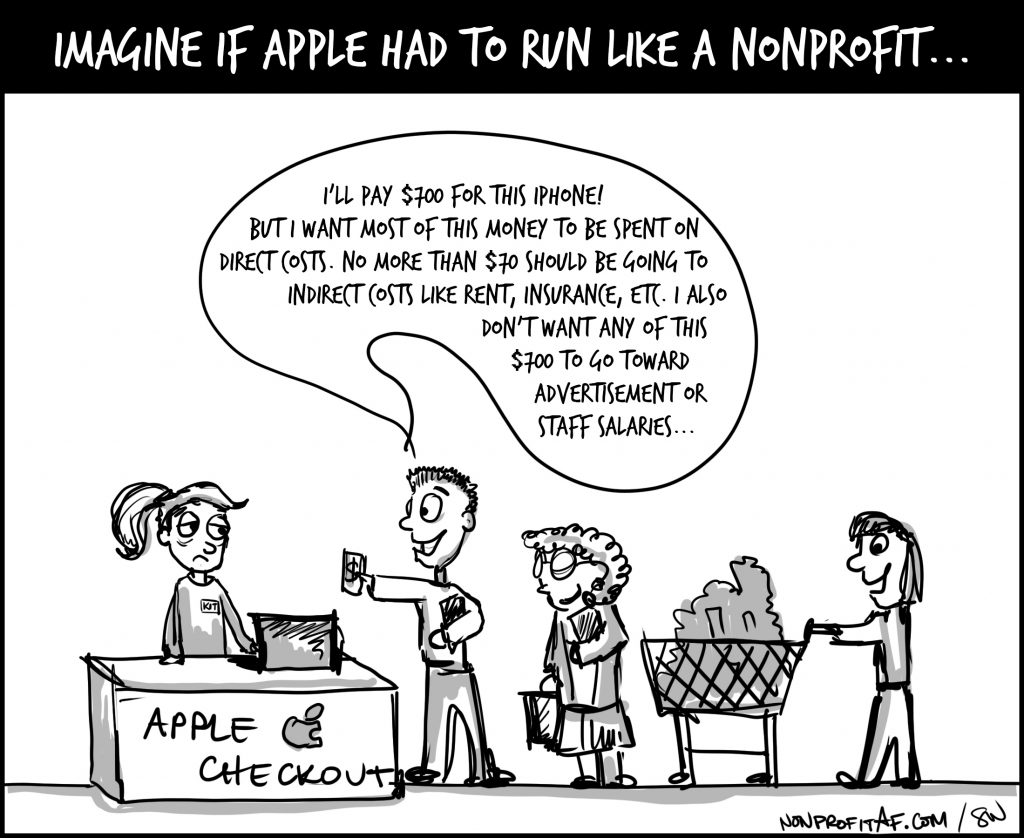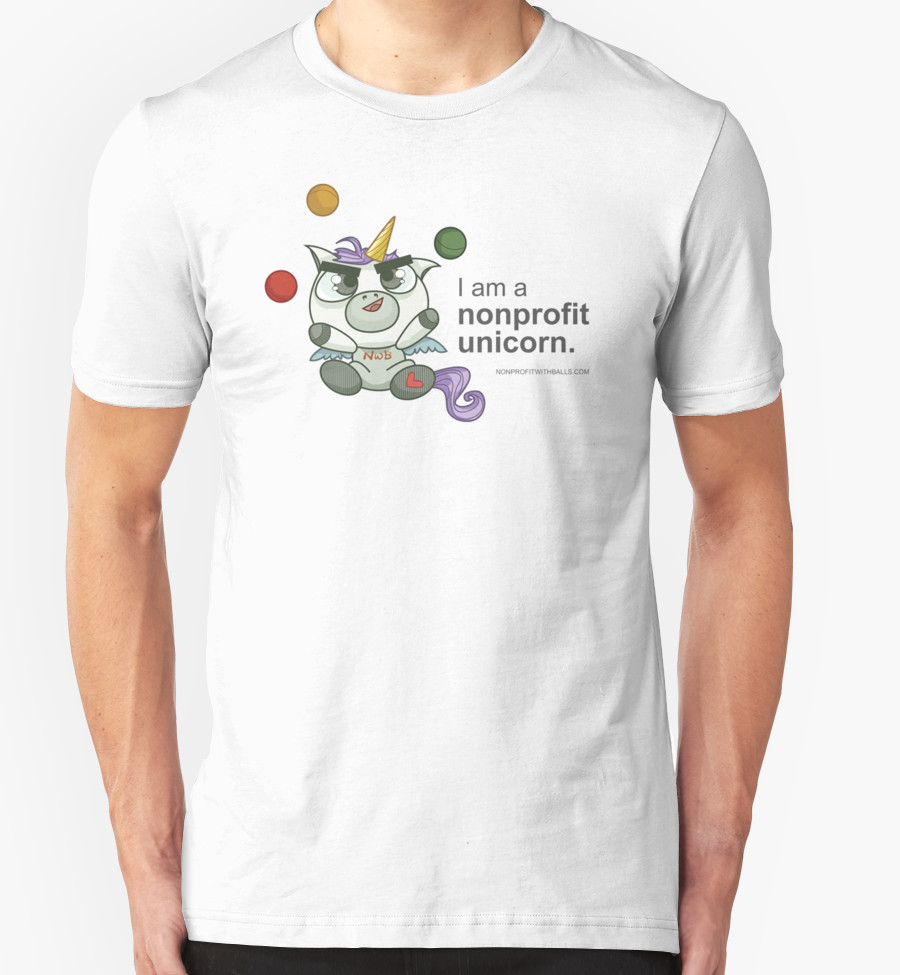
Hi everyone, quick announcement: Please put August 10th at 12:00pm Pacific Time on your calendar for Community-Centric Fundraising’s first town hall meeting. Sign up here and we’ll send you the zoom link. Until then, the (CCF) Hub is designed to provide alternatives to our default white-centric fundraising narratives. It features about three new thought-provoking pieces of content each week, including “How prospect research can help nonprofits become less racist and more inclusive,” “What I Learned from Losing Two Jobs in the Fight for Racial Equity,” “‘You want a director of what now?!’ When orgs that are hiring are too lazy to know what they want,” and the first episode of the Ethical Rainmaker podcast, where CCF Co-Chair Michelle Muri and I talk about fundraising and equity. Check it out!
***
I’ve been spending a lot of time flossing while thinking of how to categorize the challenges in our sector (What, like your quarantine activities are so much more interesting). Many of the stuff we deal with falls under the category of “well-meaning people inadvertently making nonprofits’ jobs harder.” Here are a nine. I’m going to call them paradoxes, though some of these are not paradoxes exactly, but are more like dilemmas, conundrums, or shenanigans. I’ve written about a few of them, but they keep coming up and remain a problem, so it’s good for us to review and have common language to push back. If we want our sector to succeed, we need to be aware of these paradoxes and control for them.
Continue reading “9 crappy paradoxes that shape nonprofit and philanthropy”




